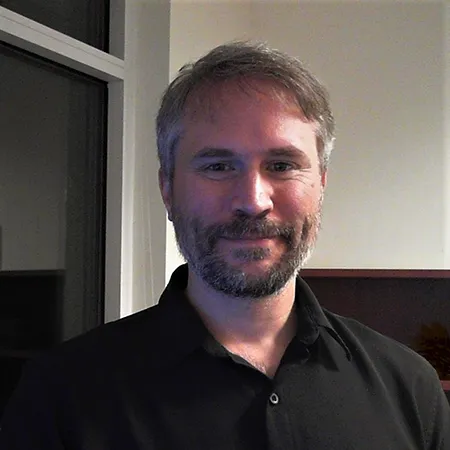Social science research in rangelands has increasingly shown how the expertise of pastoralists enables them to thrive in highly variable environments. This work has also shown how pastoralists are modifying their practices in complex ways in response to new social, political, economic, and biophysical uncertainties. However, numerous disciplinary and conceptual divides prevent ecologists from incorporating these understandings of social complexity into analyses of landscape change, and often they include pastoralists and their livestock only as agents of competition, degradation, stress, or fragmentation. Drawing from two case studies in semi-arid rangelands in Kenya, I outline a conceptual framework for integrating insights from recent anthropology and human geography into analysis of landscape vegetation change. First, I highlight insights from ethnographic analysis of livelihood change that elucidate how political, economic, and social relations have profoundly influenced pastoralist livelihoods in recent decades. I build from this analysis to outline a typology of changes in livestock herding and other land uses at different temporal and spatial scales, and relate this typology to changing landscape ecological processes. I then use this typology to guide mixed-satellite analysis of vegetation changes and spatial patterns of forage availability for livestock. Finally, focusing on linkages between social and ecological change at different scales, I propose ways of considering feedbacks between drivers of vegetation change and socially differentiated access to resources.
Presenters
Ryan R. Unks
Dr. Ryan Unks is an interdisciplinary scientist with training in landscape ecology, plant ecology, and anthropology. As a postdoctoral fellow at SESYNC, he studies landscape ecological change and rural livelihoods in central and southern Kenya with a focus on understanding the drivers and implications of vegetation change. His research critically engages with different conceptualizations of socio-ecological relations and has a primary objective of understanding how governance processes have shaped land-use patterns and landscape ecological processes at different scales. He uses a range of...
Ryan R. Unks
Dr. Ryan Unks is an interdisciplinary scientist with training in landscape ecology, plant ecology, and anthropology. As a postdoctoral fellow at SESYNC, he studies landscape ecological change and rural livelihoods in central and southern Kenya with a focus on understanding the drivers and implications of vegetation change. His research critically engages with different conceptualizations of socio-ecological relations and has a primary objective of understanding how governance processes have shaped land-use patterns and landscape ecological processes at different scales. He uses a range of methods, including remote sensing, plant community analysis, and qualitative analysis. He works in collaboration with the Wilson Lab in the University at Buffalo’s Department of Geography and the Pastoralism, Uncertainty and Resilience: Global Lessons from the Margins (PASTRES) program at the Economic and Social Research Council’s (ESRC) Social, Technological and Environmental Pathways to Sustainability (STEPS) Centre at the Institute of Development Studies. Ryan was previously a postdoctoral researcher at the University of Lyon, where he used a qualitative approach to study social and ecological dimensions of livelihoods and the subdivision of collectively titled Ilkisongo Maasai land in Kajiado County, Kenya. He also used remote sensing—Moderate Resolution Imaging Spectroradiometer (MODIS) and Climate Hazards Group Infrared Precipitation with Stations (CHIRPS)—to understand changing vegetation dynamics in relation to rainfall across the same group ranches. He holds a PhD in Integrative Conservation in Forestry and Natural Resources from the University of Georgia. His PhD research used mixed qualitative and quantitative methods, field-based plant ecology methods, and remote sensing (Landsat) to analyze the relationship between changing access to forage resources and differentiated livelihoods in collectively titled Maa-speaking pastoralist lands in Laikipia, Kenya.
External Links:
https://scholar.google.com/citations?user=bO-QfJEAAAAJ&hl=en
